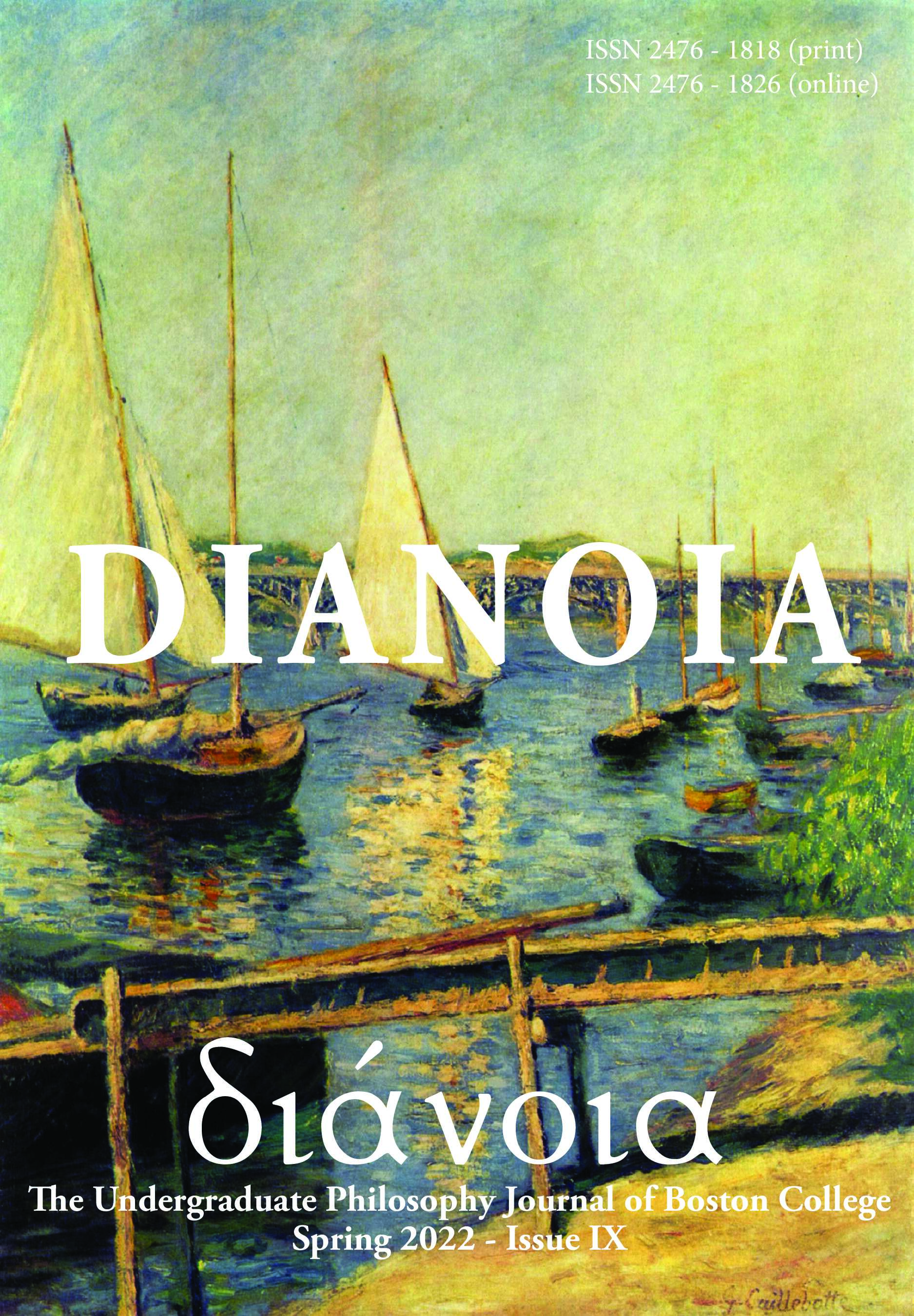The Nature of Human Knowledge in Light of Empiricism After a Critique of Kantian Epistemology
DOI:
https://doi.org/10.6017/dupjbc.v9i1.15479Abstract
This philosophical study attempts to provide a cogent solution to the debate between rationalism and empiricism by defending the empiricist standpoint. Although Kantian conception of knowledge, in a way, proposes a reconciliation of these two schools of philosophy by rendering human mind a prominent element in the formation of knowledge along with sensory data acquired from the external world on the grounds of an elucidation within the a priori-a posteriori and analytic-synthetic dichotomies, this understanding, indeed, brings about groundless ideas and contradictory results after observing the emergence of the incompatibility between the suggestions of this theory and some occurrences in the world. Yet, analyticity and the knowledge of the self, seemingly, jeopardize our conclusions that are in favor of empiricism by indicating the self-evident existence of a priori knowledge in the way they are known. Nevertheless, after ascertaining that analyticity which fundamentally resides in the realm of logic, in fact, stems from syntheticity like other principles of logic, and that the knowledge of the self arises in the presence of experience, these aspects that cause difficulty in our investigation can be resolved: after all, we can argue that analyticity and a priority are not possible, and hence, the philosophy which represents the only way to have knowledge is empiricism in the existence of syntheticity and a posteriority. In parallel, it can be concluded that the knowledge of the external world possessed through common-sense appears as self-evident in accordance with the self-evident property of the self, and all laws of nature and all logical or mathematical laws, rules, and principles, in the absence of analyticity and a priority, can be known within the synthetic a posteriori framework through the scientific method in which the principle of unfalsifiability is used in congruence with an examined structure or scale of reality.
Downloads
Published
How to Cite
Issue
Section
License
Copyright (c) 2022 Trustees of Boston College

This work is licensed under a Creative Commons Attribution 4.0 International License.
Please navigate to the Copyright Notice page for more information.

